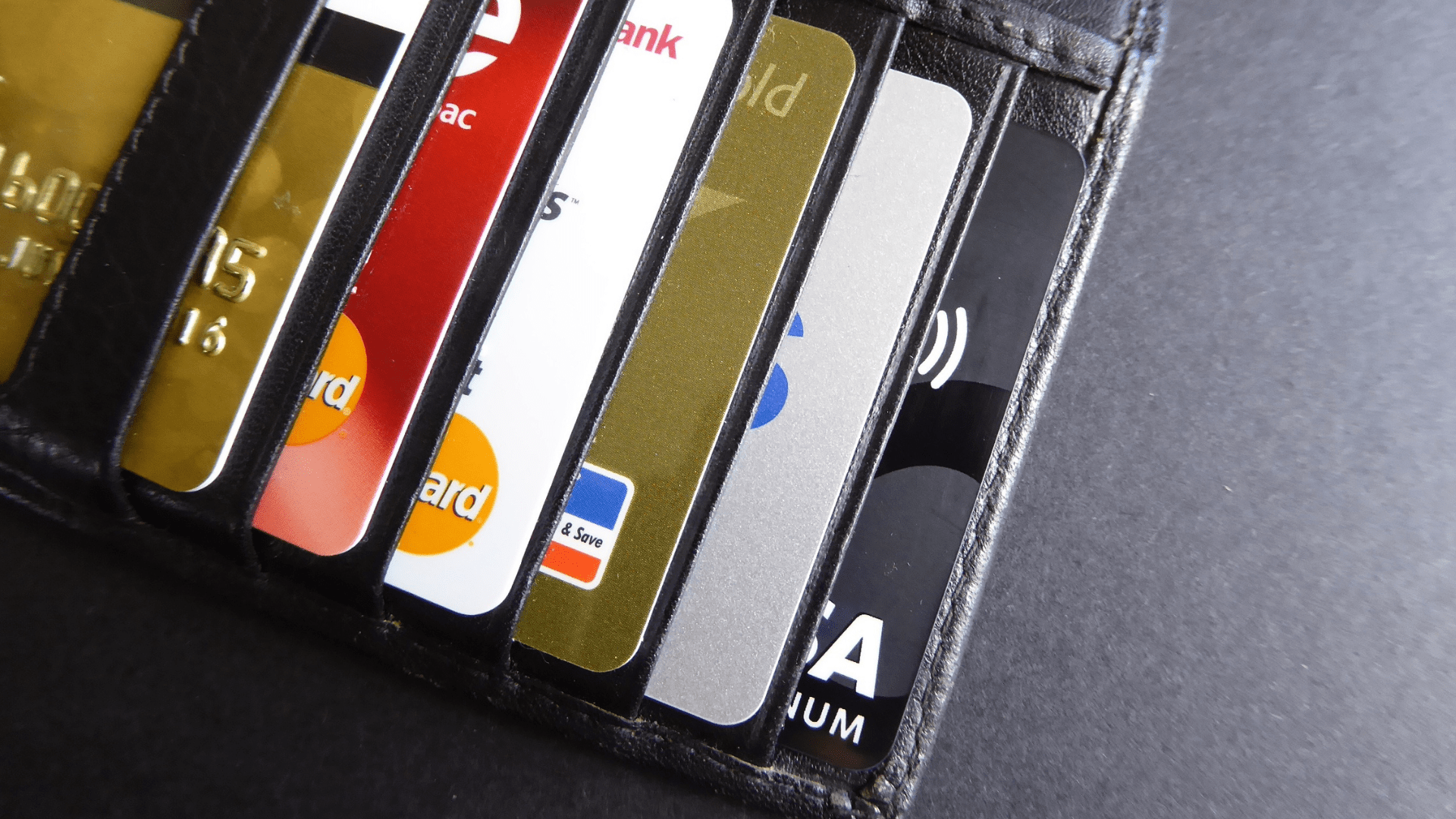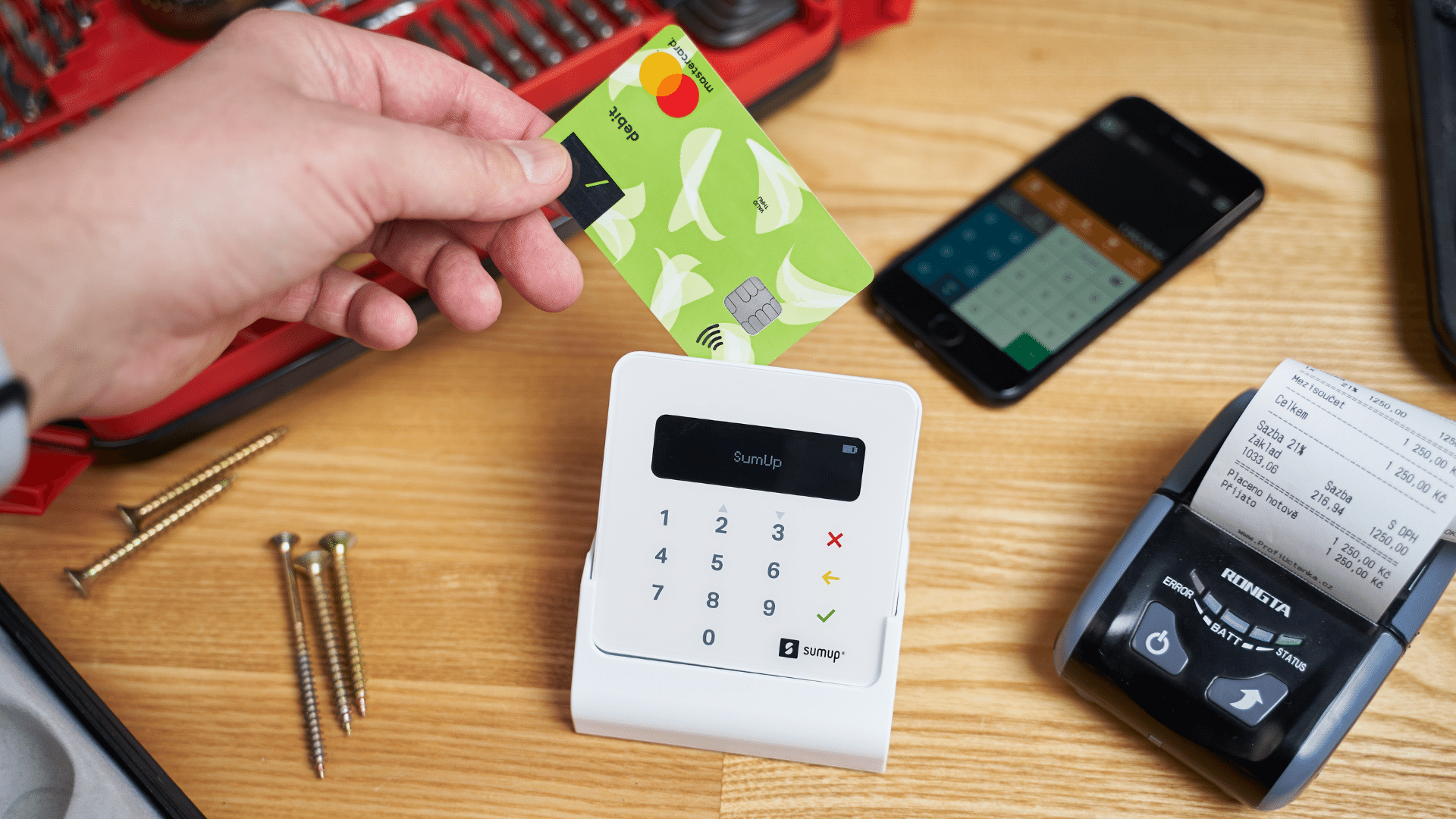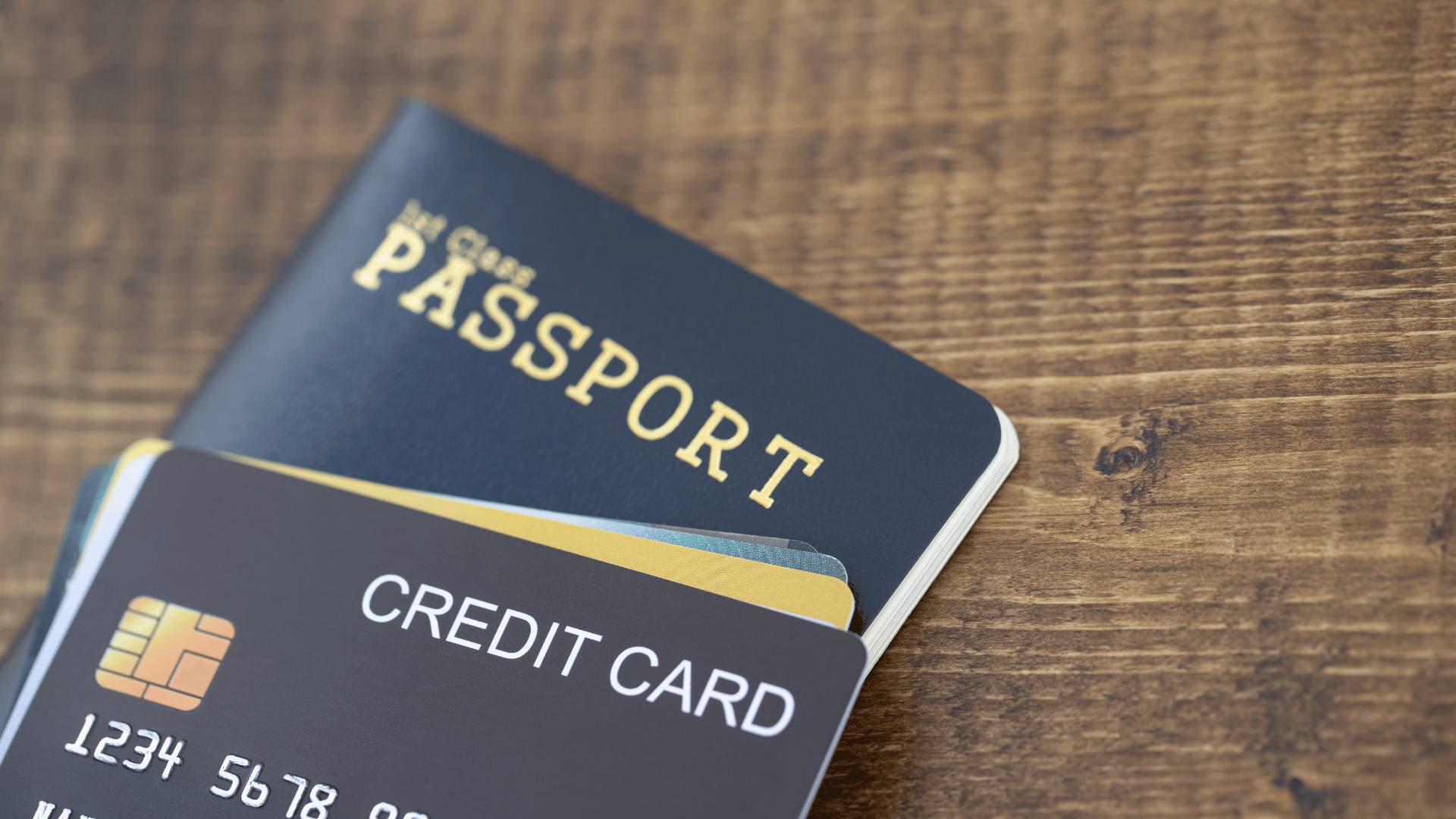In today's modern world, the choices between using a debit or credit card plays a significant role on how we can manage our finances. These plastics in our wallets which are the debit and credit card offers convenience, security, and ease of transactions, yet they have fundamental differences that can significantly impact to your financial well-being. Understanding the key difference between a credit card balance and debit card empowers individuals in making decisions about when to make a swipe.
Today, we will delve into the differences that debit cards differ from and explore scenarios where one might be more advantageous than the other.
Understanding the Difference: Credit Card vs. Debit Card
Before diving into when to use each type of card, it's essential to know their fundamental differences.
1. Credit Card:
A credit card allows you to borrow money from a financial institution up to a certain limit to make purchases. You're using a credit card bill whose limit is a credit line, essentially taking out a short-term loan with the promise to repay the borrowed amount, along with any accrued interest, by the due date.
2. Debit Card:
On the other hand, a debit card is directly linked to withdraw money from your checking account. When you use a debit card for a transaction, the money is deducted directly by credit card company, from your bank account or balance. Essentially, you're spending the bank's money with your own money.
When to Use a Credit Card
1. Building Credit History:
One of the most significant advantages of using a credit card responsibly is its impact on your credit history. Consistently making timely payments and keeping your credit utilization low can your credit card advantages help build a positive your credit report and history, which is crucial for obtaining loans, mortgages, and favorable interest rates in the future.
2. Rewards and Perks:
Many credit cards offer rewards programs, cashback incentives, or travel perks and debit cards that earn rewards for every dollar spent. Utilizing your credit card for everyday purchases, especially those that earn higher rewards points, can help you maximize these benefits and avoid paying interest alone.
3. Consumer Protections:
Credit credit cards and debit only cards differ and often provide additional consumer protections, such as fraud protection, extended warranties, and purchase protection. When making significant purchases or transactions, using a credit credit or debit card, can offer an extra layer of security, fraud protection and peace of mind.
4. Emergency Expenses:
In emergencies or unexpected situations, having a credit card can provide a financial safety net. It allows you to borrow funds to cover expenses, pay interest immediately and repay them later, or other fees and providing temporary relief without tapping into your own savings account or emergency fund.
When to Use a Debit Card
1. Budgeting and Expense Tracking:
Using a debit card to carry cash around can be advantageous for budget-conscious individuals. Since you're spending your own money directly from your checking account, there's no risk of accumulating debt or overspending beyond your means. Debit card transactions that withdraw cash and are also immediately reflected in your bank account and balance, making it easier to track expenses and stick to your budget on time payments made.
2. Avoiding Interest Charges:
Unlike most credit card debt or cards, which accrue interest on unpaid balances, debit card transactions are paid for with existing funds in your checking account. By using your account statement as a debit card, you can avoid interest charges monthly fees altogether, making it a more cost-effective credit only option for everyday purchases.
3. ATM Withdrawals:
Debit cards are ideal for accessing cash through ATMs. While some credit cards offer cash advance options, they often come with high fees and interest rates. Using a debit card for ATM cash advances and withdrawals allows you to access your funds conveniently without incurring additional charges pay the interest rate alone.
4. Small, Routine Purchases:
For routine expenses like groceries, gas, or dining out, using a debit card issuer a bank or credit union card can be practical and straightforward. Since these transactions typically involve smaller amounts transfer money, there's less risk involved, and using a debit card helps you maintain financial discipline and avoid debt too.
Choosing between a credit card and a debit card ultimately depends on your financial goals, spending habits, credit scores, and individual circumstances. While credit and debit cards typically offer benefits like building credit, rewards, and additional consumer protections, debit debit and credit cards more typically provide simplicity, budgeting control, and avoidance of interest charges.
Incorporating both types of credit cards and debit cards into your financial strategy can offer a balanced approach spend money using, allowing you to leverage the advantages of each payment method while mitigating potential drawbacks. By understanding when to use your debit vs. credit card effectively, you can make informed decisions that align with your financial objectives and contribute to long-term financial stability.









